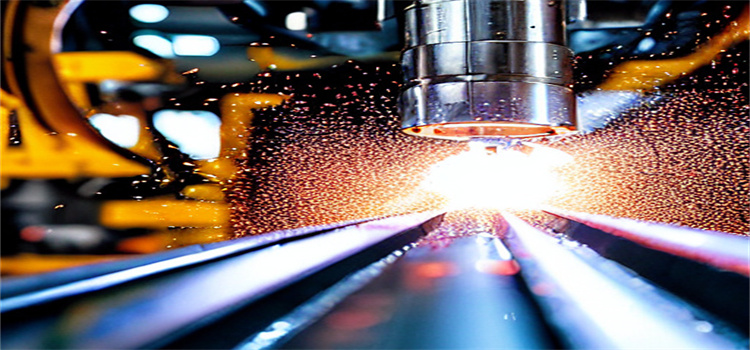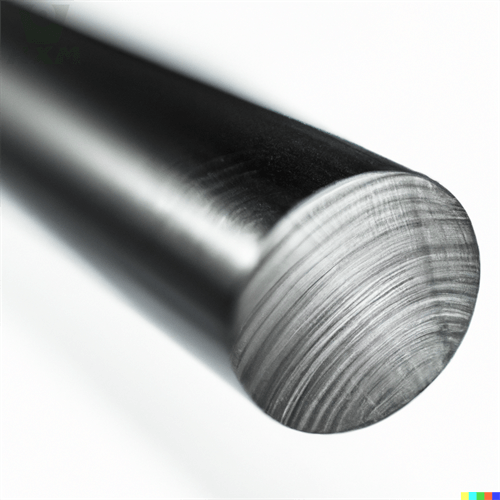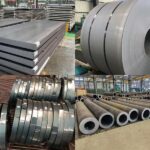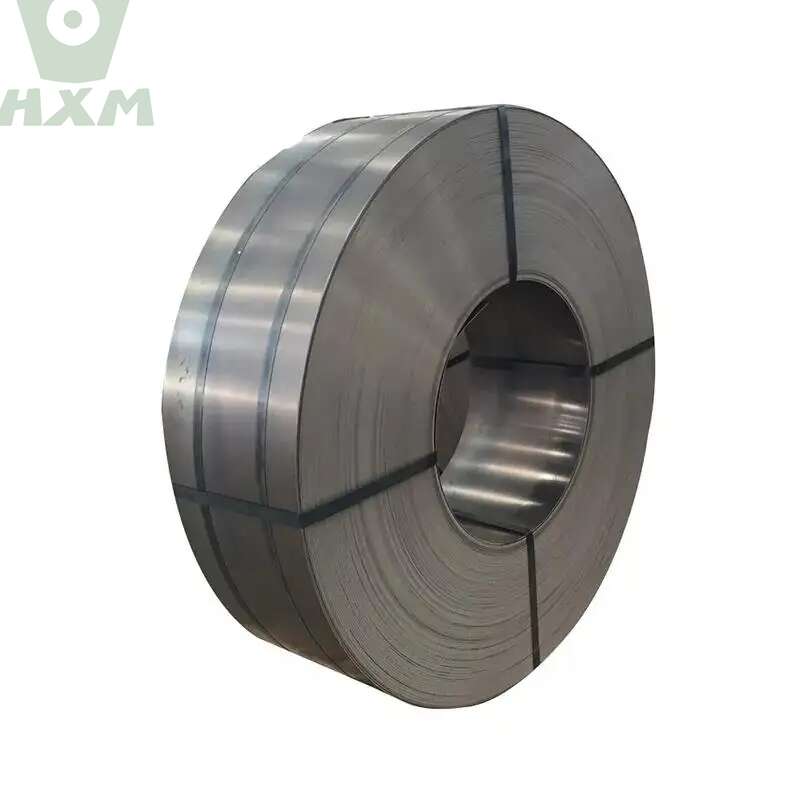Carbon steel, as a widely used metallic material, is highly valued in engineering construction, automotive manufacturing, petrochemical industries, and more, owing to its high strength and hardness. In particular fields such as aerospace, carbon steel is required to possess exceptional toughness. Therefore, it is crucial to employ effective strategies to enhance the toughness of carbon steel for practical applications. In this article, we will take a closer look at the methods to enhance the toughness of carbon steel.
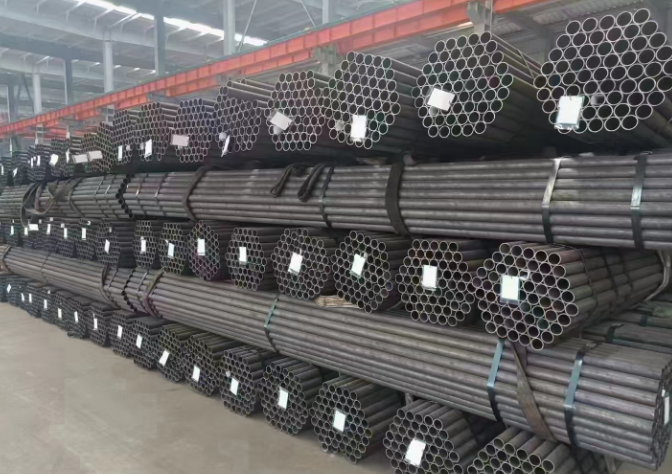
4 Methods to Enhance the Toughness of Carbon Steel:
Firstly, heat treatment is a prevalent method to improve carbon steel’s toughness. This process involves quenching the steel to a specific temperature, altering its internal crystal structure and chemical composition, thereby strengthening its hardness and strength. Subsequent tempering involves rapidly cooling the steel, enabling it to maintain its hardness and strength while significantly boosting its toughness. Additionally, methods like normalizing, quenching and tempering, and isothermal quenching can also be employed to further enhance the toughness of certain carbon steels.
Secondly, alloying with nickel is another approach. By incorporating alloying elements such as nickel, molybdenum, cobalt, and chromium into the steel, the internal crystal structure is modified, resulting in improved toughness and fracture resistance. Nickel, specifically, reacts with carbon in the steel, reducing solid solution carbon and mitigating carbide segregation, thus refining the steel’s microstructure and properties. Furthermore, nickel stabilizes the martensitic structure, ensuring a balance between strength and toughness in carbon steel.
Thirdly, surface treatment techniques can also elevate carbon steel’s toughness. Common methods include surface hardening, nitriding, and chemical heat treatment. Surface hardening involves melting and resolidifying the surface layer, generating residual compressive stress that enhances the steel’s resistance to tension and bending. Nitriding, on the other hand, involves infusing nitrogen atoms into the steel, enhancing its surface hardness, wear resistance, and, importantly, the strength and toughness of its core. Chemical heat treatments, such as passivation, nanocrystallization, and electrochemical treatments, can improve the chemical reactivity of the steel’s surface, thereby bolstering its toughness.
Lastly, carbon content control is essential. High carbon levels in steel can lead to increased brittleness, predisposing it to fractures and failures. During steelmaking, precise control of oxygen blowing rates and times effectively regulates the carbon content in the molten steel, ensuring adequate toughness.
Conclusion
In conclusion, toughness is a crucial parameter influencing the widespread use of carbon steel. By leveraging heat treatment, alloying with nickel, surface treatments, and carbon content control, the toughness of carbon steel can be significantly enhanced. Selecting the appropriate methods based on specific application requirements ensures that carbon steel meets the strength and toughness standards demanded by diverse industries, facilitating its large-scale utilization.
Why Choose Huaxia Steel?
Thank you for reading our article and we hope it can help you to have a better understanding of the methods to enhance the toughness of carbon steel. If you are looking for suppliers and manufacturers of carbon steel, we would advise you to visit Huaxia Steel.
As a leading supplier of carbon steel from Shanghai China, Huaxia Steel provides customers with high-quality carbon steel products such as LOW -CARBON STEEL, MEDIUM CARBON STEEL and HIGH CARBON STEEL at a very competitive price.

